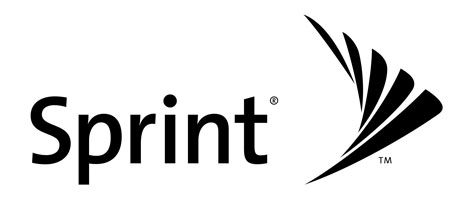 Verizon Wireless officially announced the roll-out plans for its 4G LTE high-speed wireless data network today, and none too soon: The LTE era starts this Sunday in thirty-eight metro areas. All Things Digital’s Ina Fried has more specifics, and Greg Kumparak of MobileCrunch lists the launch cities.
Verizon Wireless officially announced the roll-out plans for its 4G LTE high-speed wireless data network today, and none too soon: The LTE era starts this Sunday in thirty-eight metro areas. All Things Digital’s Ina Fried has more specifics, and Greg Kumparak of MobileCrunch lists the launch cities.
The facts that caught my eye:
- Verizon is charging $50 a month for 5GB of data, and $80 for 10GB; as a current customer of its 3G data service, that strikes me as a decent deal, since I’m paying $60 for 5GB of pokier 3G service.
- Two USB modems will be available, for $99 each on contract after rebates; they’ll double as 3G modems when 4G service isn’t around.
- It sounds like 4G phones won’t show up until mid-2011 (there goes any last remaining possibility of a 4G Verizon iPhone in early 2011).
What I really want is a 4G MiFi mobile router that I can use with a laptop, an iPad, a smartphone, and any other Wi-Fi device; I assume that one is in the works. Hope that it arrives before too long–and that there’s a way for me to upgrade from my 3G MiFi without spending a fortune.

 Leave it up to Verizon to be at the forefront of making your wireless data more expensive. In an interview with the
Leave it up to Verizon to be at the forefront of making your wireless data more expensive. In an interview with the 
 It might not yet have its
It might not yet have its  GigaOM
GigaOM  Verizon Wireless will likely lead the charge towards LTE, with the company already testing the technology in the Minneapolis, Columbus, Ohio and Northern New Jersey. This would put it roughly a year ahead of its closest competitor — AT&T — which anticipates launching LTE service in 2011.
Verizon Wireless will likely lead the charge towards LTE, with the company already testing the technology in the Minneapolis, Columbus, Ohio and Northern New Jersey. This would put it roughly a year ahead of its closest competitor — AT&T — which anticipates launching LTE service in 2011.